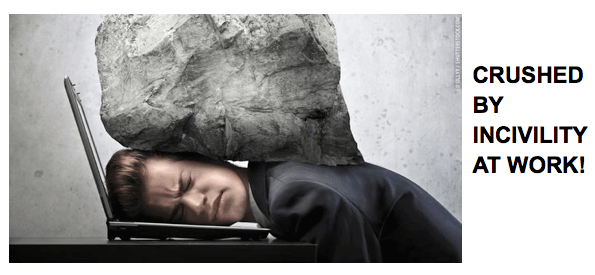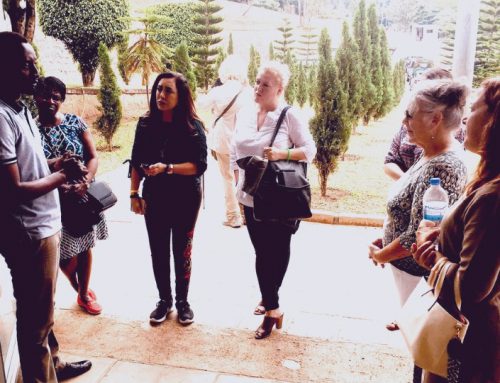Workplace statistics show that the majority of us are physically exhausted, stressed, and over extended, and many of us are miserable in our jobs. We’re worn down and less resilient than we once were. We’re burnt out. Our health is at stake, our home lives are suffering. We don’t have the time or energy to take care of ourselves, so the idea that we would extend courtesies or consideration to take care of others, including colleagues in the workplace, seems a cost many of us simply cannot bear.
To meet the survival requirements of our fast-paced, demanding, and ever-changing work lives, we’ve resorted to bad habits. These habits may be described these as the “coping selfies”: self-preservation, self-righteousness, self-promotion, self-centeredness, self-pity, self-denial, self-destruction, and so on. These selfies represent many of the “social survival” behaviors desperate people engage in. These habits result in individuals addressing their self-interests at the expense of others.
Overall, we’re exercising significantly less respect, less restraint, and less responsibility. These are the three tenets that underpin civility, according to Dr. Pier Forni, Professor at Johns Hopkins, and author of “Choose Civility”.
Having spent the past 17 years training, researching, and speaking on civility in the workplace, I am convinced that the conditions and cultures of our workplaces are causing much of the desperation the mass of men and women are experiencing these days. As stated, this stress impacts our health. For example, in the United Kingdom (UK), over 13 million working days are lost every year because of stress. Stress is believed to trigger 70% of visits to doctors, and 85% of serious illnesses. Work is actually killing us. In Japan, shockingly, 10,000 workers per year literally drop dead at their desks as a result of 60 to 70-hour work weeks in Japan. They even have a name for this phenomenon: “karoshi”.
Furthermore, work demands are impacting our work-life balance. For example, each year the average American spends over 100 hours commuting, and 64% of Americans canceled vacations last year. Even though one-third did it for work-related reasons (even though most felt they were more in need of a vacation than the year before). It’s hard to catch up on your life if you’re losing time just getting to work, and hard to de-stress if you can’t take a vacation. Stress at work also impacts our relationships. According to the Human Solutions Report, “Under Pressure,” respondents indicated that, on average, job stress accounted for 73% of their overall life stress. Further, 59% of respondents said that the quality of their home and family life was sometimes impacted by job stress and 16% said that job stress frequently impacted their personal and family life.
Wouldn’t you agree that with a whopping 96% of employees polled in a workplace study conducted by Pearson and Porath, stating that they are experiencing rudeness at work, and knowing that the majority of people say stress at work is the largest contributor to their overall stress, it’s not unreasonable to infer that rudeness is contributing to the stress?
If incivility = stress and stress is ruining our work life, our relationships and our health- wouldn’t addressing the root cause- the incivility be the logical resolution?
Excerpt The 30% Solution, Lew Bayer






